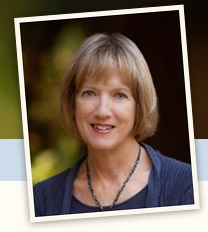America’s love affair with extroverts began in the early part of the 20th century, when people like Dale Carnegie impressed upon our parents the importance of winning friends and influencing people in order to be successful.
But our cultural preference for extroversion was not always a part of our national psyche. In the 19th century, America judged leadership potential the same way many countries do today – on the basis of integrity, judgment, reliability and intelligence.
The emerging growth cultures of Asia are not the only places in the world today puzzled by the America’s continuing obsession with popularity and by our insistence upon turning over most of our elective offices, executive management positions and financial control to people who would rather talk than listen, who make quick decisions based on gut instinct and who prefer risk to contemplation.
Susan Cain’s defense of introverts, Quiet: The Power of Introverts in a World That Can’t Stop Talking weaves together research and personal anecdotes to make a case for taking a second look at the value brought to relationships and organizations by our quieter, more sensitive citizens.
She challenges the corporate focus on team building, open space offices and endless meetings, recounting histories of influential leaders who had a preference to work alone and in quiet. She is surprised that scarcely an introvert is to be found on the hallowed grounds of Harvard Business School and wonders whether Enron or the economic collapse of the housing market would have happened if the investment banks had put in positions of responsibility fewer talkers and more thinkers.
Ms. Cain’s chapter on raising sensitive children provides useful guidance to parents of children who don’t easily adjust to the forced extroversion of years of schooling in an environment better suited to outgoing personalities.
I’m not generally a fan of self-help books or psychological non-fiction. I listened to the audio version of this book while running errands. But Susan Cain is insightful and perceptive, and this book is worth reading.

